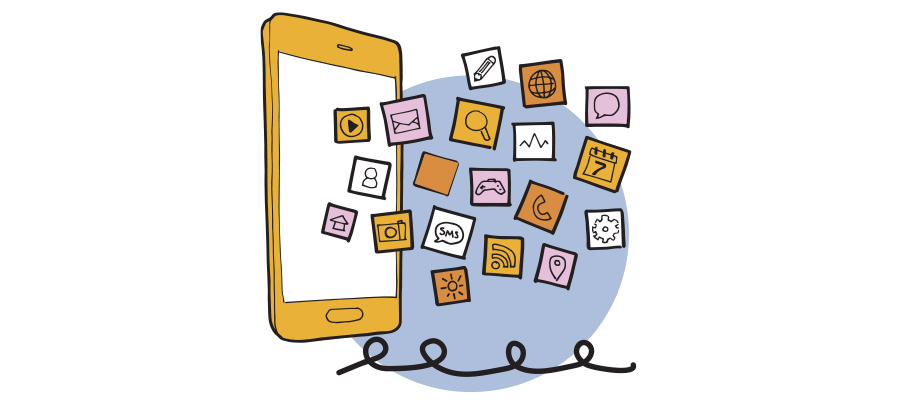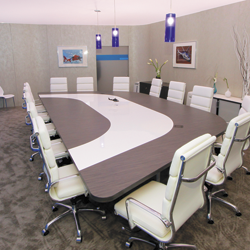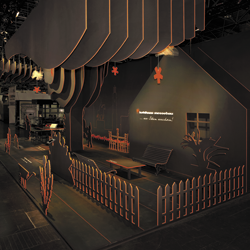|
REGISTRATION REQUIRED
TARGET AUDIENCE
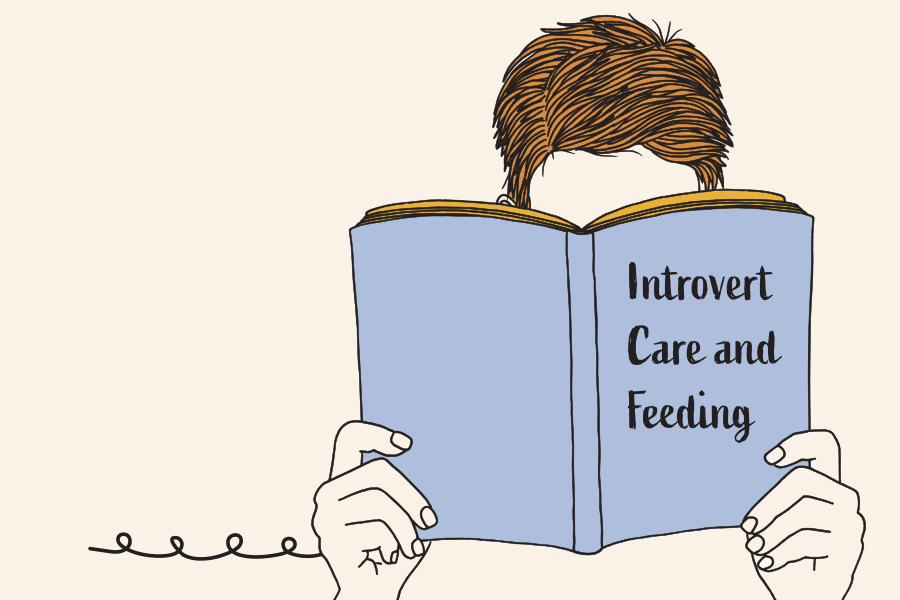
Hi, I'm Dax. And I'm an Introvert.
By Dax Callner
DAX CALLNER
 Dax Callner, marketing
strategist and president of the Experiential Marketing Measurement
Coalition (EMMC), has 25 years of experience developing
programs for some of the world's leading
brands, including P&G, American Express,
Meta, Salesforce, Amazon, Roche, Google,
Intel, Microsoft, Dell, National Grid, ABB,
and many others. Now independent, Dax
has led strategy practices at Jack Morton,
Momentum, Sparks, GES, and Smyle. He
is also a songwriter, producer, and performing musician. Dax Callner, marketing
strategist and president of the Experiential Marketing Measurement
Coalition (EMMC), has 25 years of experience developing
programs for some of the world's leading
brands, including P&G, American Express,
Meta, Salesforce, Amazon, Roche, Google,
Intel, Microsoft, Dell, National Grid, ABB,
and many others. Now independent, Dax
has led strategy practices at Jack Morton,
Momentum, Sparks, GES, and Smyle. He
is also a songwriter, producer, and performing musician.
It has always irked me that
when I go to an event or
trade show, it feels like it
wasn't designed for me, an introvert.
Most trade shows and
events are designed for extroverts,
meaning they are loud,
gregarious affairs that hinge on
masses of complete strangers
striking up conversations with
other strangers. In some ways,
organizers and exhibitors lean
toward becoming “party planners.” And that's
a problem for the introvert attendees because
parties are designed generally for extroverts — people who feel comfortable in large groups and loud environments,
and who can make
their way around the room and
happily talk to anybody. That's
not me. If you bring me to a
big party, I close up and start
planning my exit.
It's not clear exactly what percentage of people are introverts. Myers Briggs Co. (famed for its personality test) reports 56.8 percent of people are introverted. Other studies find that it's closer to one-third. Regardless of the number, it's pretty obvious that a significant portion of any trade show audience will be naturally introverted. And a lot of them are going to be uncomfortable and probably a little anxious about walking into an exhibit and striking up a conversation. That's not to say that they won't — because introverts have had to navigate situations geared toward extroverts most of their lives. And despite misconceptions about introverts, we're not all shy. It's just harder for us to initiate a conversation with a stranger because it's not our tendency. The challenge is that it's hard to spot introverts — even if you are one. But here's what's important for trade show and event marketers to understand: Introverts enjoy to connecting on a human level just as much as extroverts, and more deeply in some cases. Introverts tend to have fewer relationships than extroverts, but those connections tend to run deep and last long. This means that if you can get an introvert to become a customer, you are likely to have someone that will be with your company for a long time. Because the introvert won't relish the need to forge another relationship with yet another stranger. The bottom line is that you may be missing out on an opportunity to connect with a large number of qualified prospects in your booth or connect with them at your networking event. So here are eight tips to make your next trade show or corporate event a bit more introvert friendly. 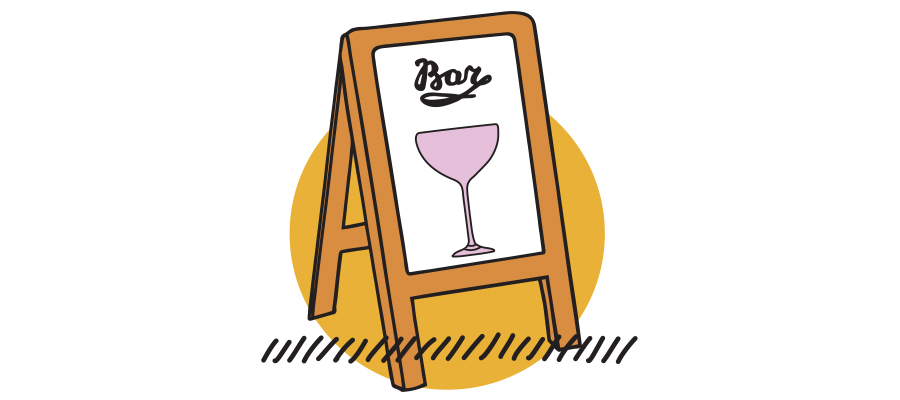 Tip 1: Say it Loud and Clear Introverts are more likely to interact if they know what they are getting into. So make sure the messaging on your booth graphics is clear, ensuring that anybody in the aisle can identify who you are and what you offer. Don't assume that attendees know who your company is. Don't assume that a clever advertising tagline is going to lure an introvert in to learn more. It won't. This may seem obvious since it really should be a general best-practice, but I'm still surprised at how many exhibits I pass where I have no idea what the company does. Knowing what an exhibitor offers often provides enough information for an introverted person to be willing to approach a staffer and start the conversation with, “Your sign says you do X. Can you tell me more about it?” If your messaging isn't clear and obvious at a glance, you can bet that an introvert will breeze right by. 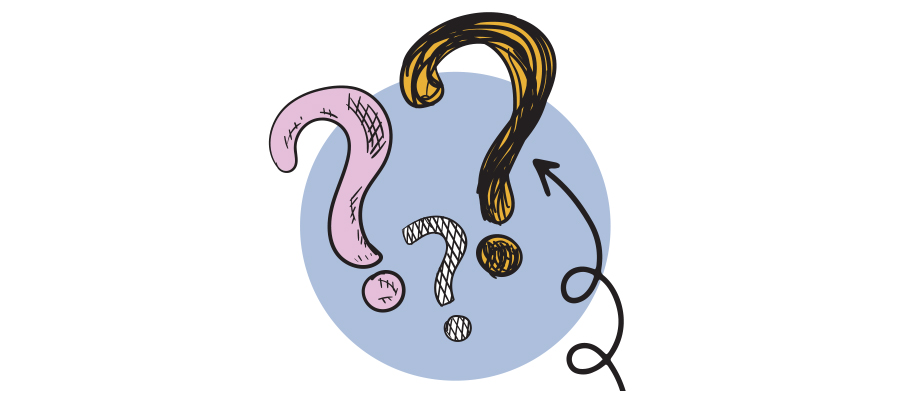 Tip 2: Train Your Staffers While introverts aren't necessarily shy, most do have an innate anxiety about chatting up strangers. This often can be a problem because, in my experience, extroverts (who typically make up an exhibit's booth staffers) tend to assume everyone else is also an extrovert. However, staffers need to know how to engage in a conversation with someone who isn't inclined to come up and ask a bunch of questions. Train them to break the ice with conversation starters that create a substantive exchange rather than superficial one. And teach them to listen. Extroverted staffers sometimes have a tendency to dominate a conversation, in part because an introverted attendee will let them. But it's a mistake to assume silence means that someone is really interested in what a staffer is saying. Staffers would do better by leading with some probing questions about who the visitor is and what their interests are so that an introvert is invited to participate in the dialogue. Once the ice is broken, an introvert will often settle into a meaningful conversation. 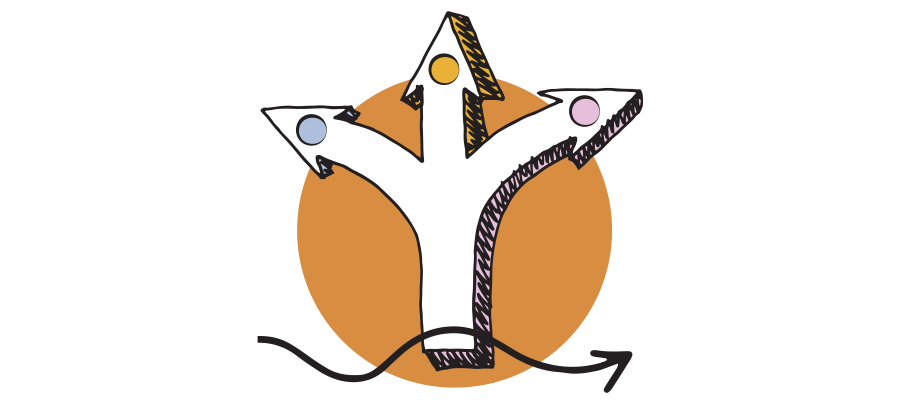 Tip 3: Manage Your Exhibit Traffic Of course exhibit managers love to have a booth packed with visitors. It makes them look and feel like rock stars! However, when I see an enormous crowd, I move on and seek out a booth that's a bit quieter. An exhibit teeming with people likely means that there are some introverted attendees cruising right by without stopping. I encourage the exhibitors I work with to start by considering what the optimal amount of traffic is and work on the design and flow to ensure that their exhibit hits that mark. I like a booth to look like there are interesting activations going on, but not be so crowded that I don't want to stop in. 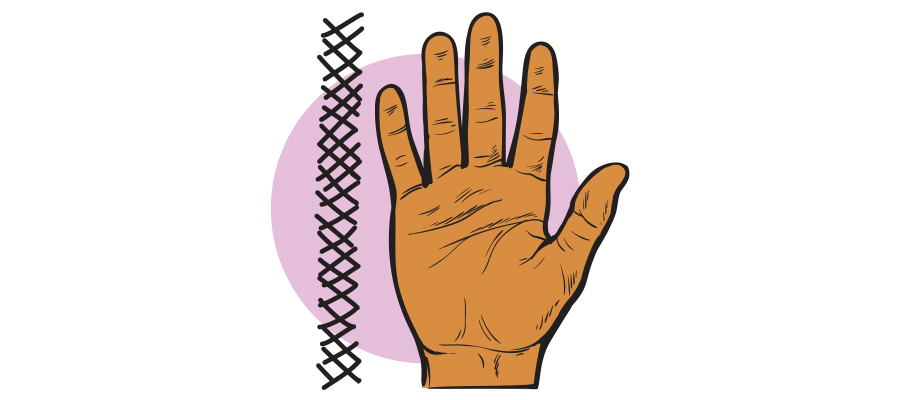 Tip 4: Provide a Wingperson Sometimes all an introverted person needs is someone to host them. I'd love to walk into a stand and be greeted by someone who says, “I want to walk you around the exhibit and introduce you to some people.” Amazing. This takes the pressure off the introvert to initiate conversations or insert themselves into groups. A hosted journey is an effective, low-tech tactic that can yield outsized results. 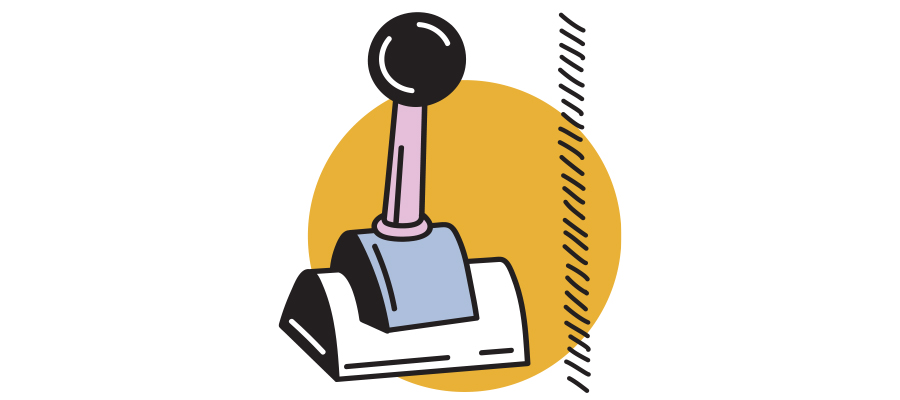 Tip 5: Design Introvert-Friendly Activations It's unlikely that introverts are going to dive into a trivia game with three other participants in front of a crowd of people. However, adding gamified and/or interactive elements into in-booth experiences, such as one-on-one product demos, will help to draw out the introverts. Introverts want to have fun just like everyone else, albeit in a slightly more reserved manner. It's not too difficult to sprinkle in some introvert-friendly elements alongside your extrovert-facing activations that will deliver the same key messaging to both groups. I recently spoke to some developers working on an event platform using geofencing and AI that will notify people (who opt in) when there's an interesting match nearby. The phone notification will share the person's name, photo, and some basic information about them. This could be a great tool to help introverts jumpstart conversations. 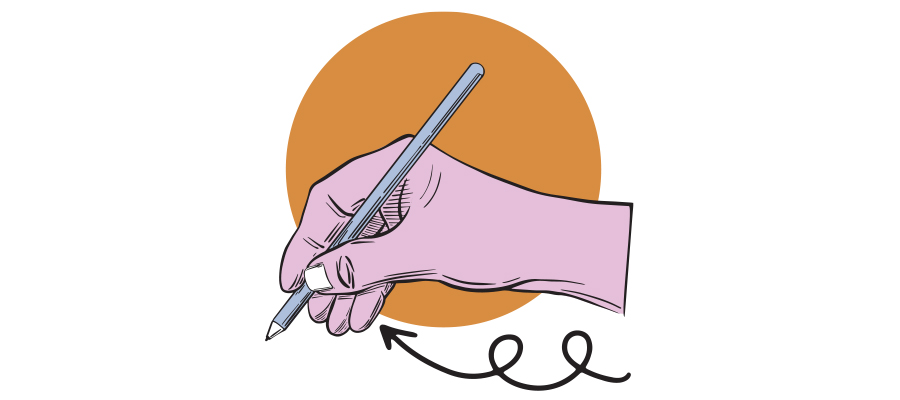 Tip 7: Arrange Topic Tables At your next networking event, don't just set up 20 tables with 10 chairs and expect introverts to take a random seat. Consider specifying a topic of conversation for each table. When attendees come in, have a map of the tables with each topic clearly labeled. Introverts will benefit from knowing they are sitting down with a table of people who have a few of the same shared interests. 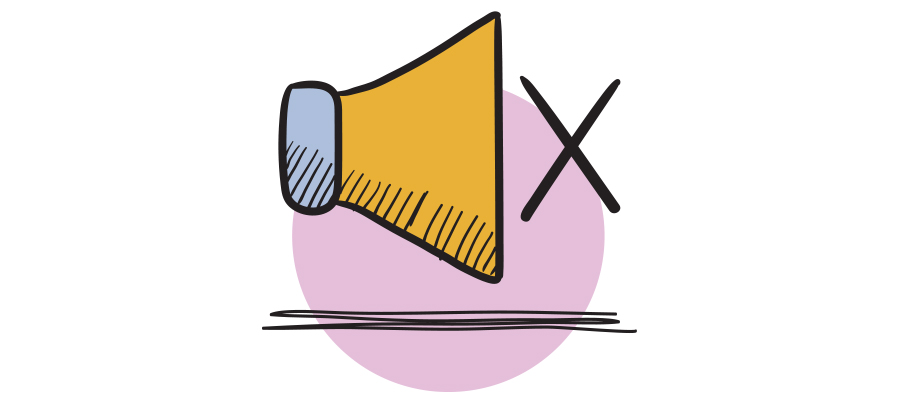 Tip 8: Craft Quiet Zones If you are planning a networking event, create quiet zones where participants can sit and have a semiprivate conversation away from the busy hubbub. Introverts will tend to gravitate to these areas. This might include a side-room at a restaurant or bar that is designated as a chill zone. Or a meditative networking room at an event for scheduled meetings to take place. I know this introvert prefers a quiet chat over yelling at people in a loud setting.
INVERTING MYTHS ABOUT INTROVERTS
In an industry seemingly built for extroverts, numerous myths surround introversion, perpetuating misconceptions about those individuals who lean toward quieter and more reflective tendencies. Dax Callner debunks three common myths about introverts. 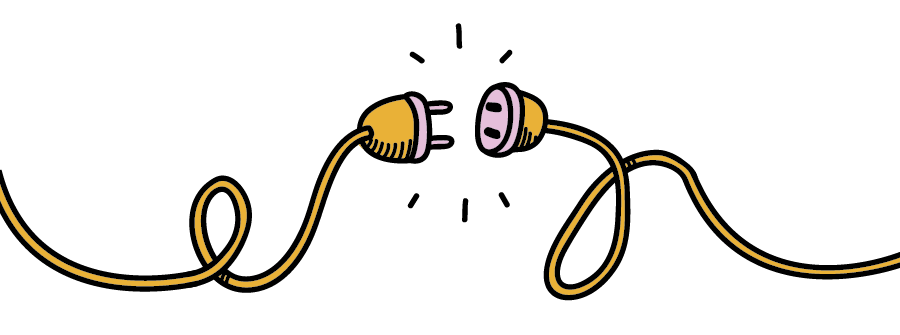
Truth:
Contrary to popular belief, introversion is not synonymous with shyness or antisocial behavior. While introverts prefer small social gatherings and need time alone to recharge, many confidently engage in social situations and they also enjoy meaningful connections.
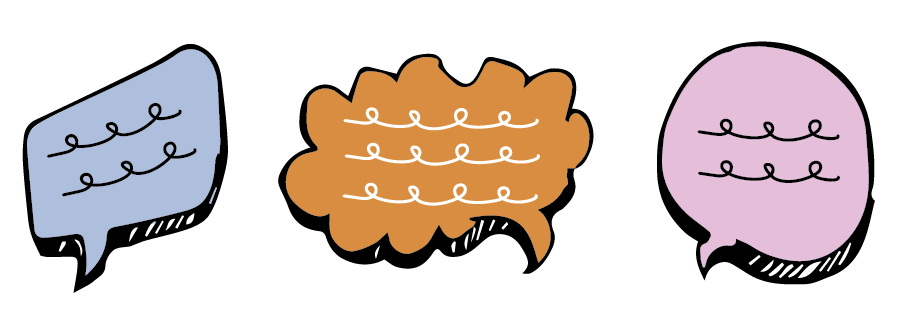
Truth: Many introverts prefer purposeful conversation over small talk and engage enthusiastically when discussing topics of personal interest. Staffers who can draw introverts into a substantive conversation will find an engaged visitor.
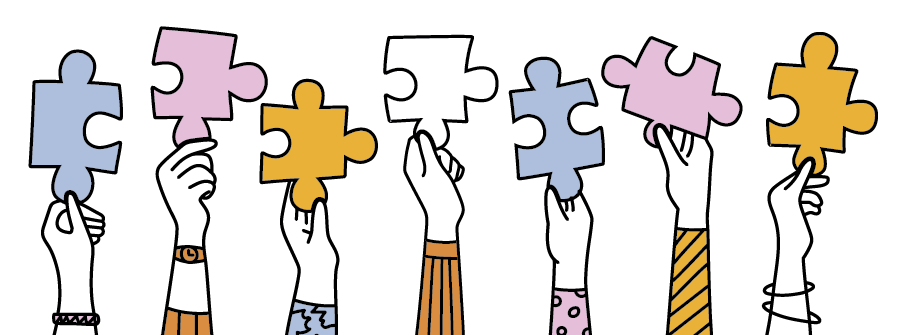
Truth: Many business leaders are actually introverts, often excelling at thoughtful decision-making, active listening, and collaboration — all of which are hallmarks of good leaders. Decision-making roles are ripe with introverts, famously including Bill Gates, Mark Zuckerberg, and Larry Page.
|
|
|
||||||||||||||||||||||||||||
|
|
||||||||||||||||||||||||||||
|
TOPICS Measurement & Budgeting Planning & Execution Marketing & Promotion Events & Venues Personal & Career Exhibits & Experiences International Exhibiting Resources for Rookies Research & Resources |
MAGAZINE Subscribe Today! Renew Subscription Update Address Digital Downloads Newsletters Advertise |
FIND IT Exhibit Producers Products & Services All Companies Get Listed |
EXHIBITORLIVE Sessions Exhibit Hall Exhibit at the Show Registration |
ETRAK Sessions Certification F.A.Q. Registration |
EDUCATION WEEK Overview Sessions Hotel Registration |
CERTIFICATION The Program Steps to Certification Faculty and Staff Enroll in CTSM Submit Quiz Answers My CTSM |
AWARDS Exhibit Design Awards Portable/Modular Awards Corporate Event Awards Centers of Excellence |
NEWS Associations/Press Awards Company News International New Products People Shows & Events Venues & Destinations EXHIBITOR News |
||||||||||||||||||||
|
||||||||||||||||||||||||||||



